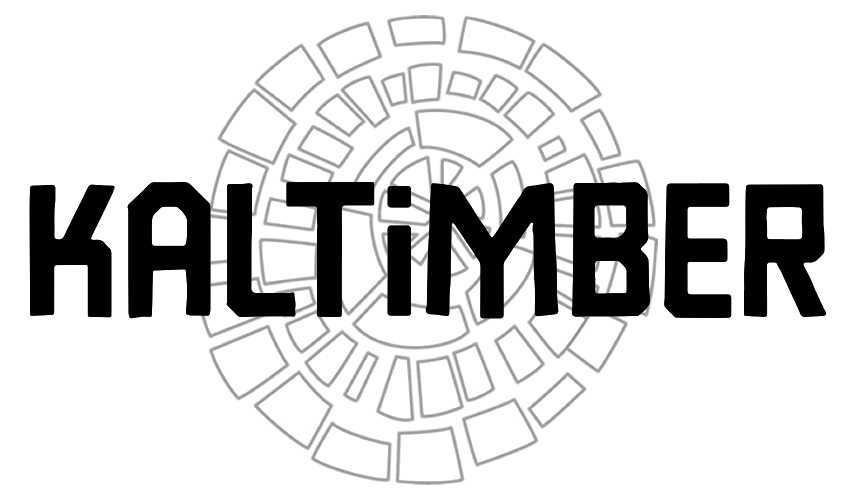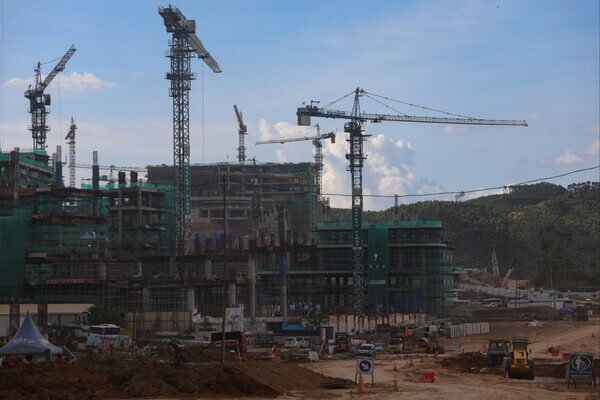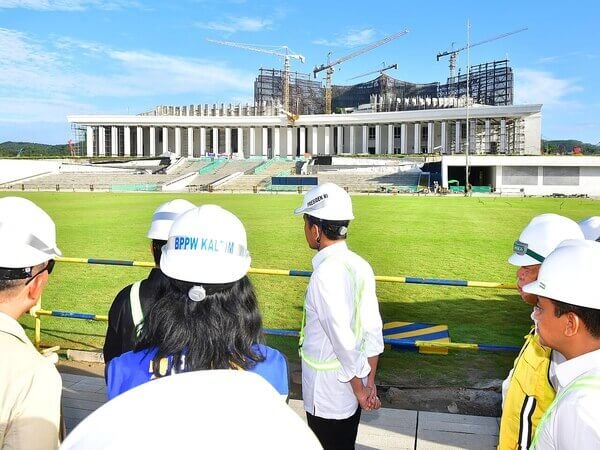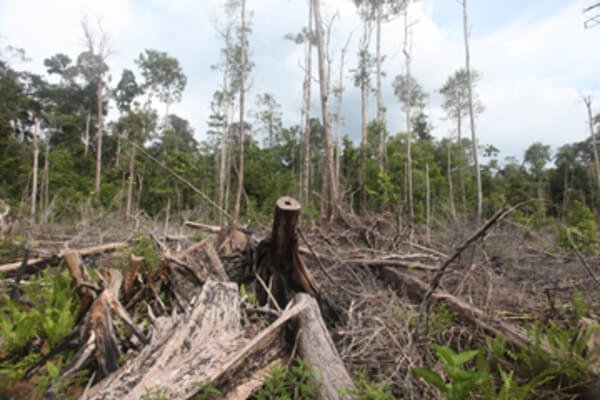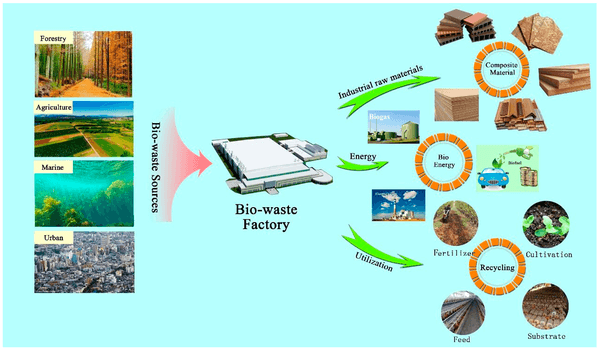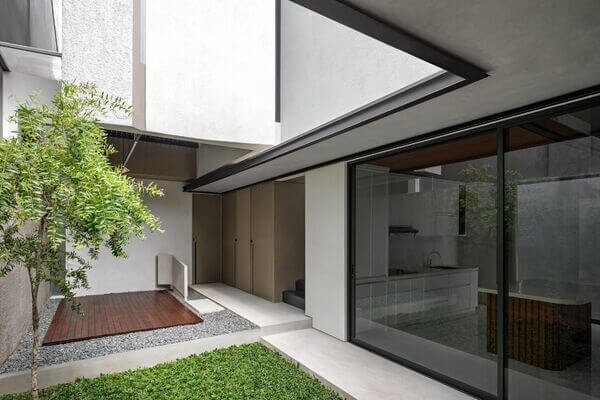East Kalimantan has been at the center of Indonesia’s ambitious plans for the future, from the development of the new capital, Nusantara, to the expansion of sustainable industries.
However, recent updates indicate that the progress of Nusantara has been put on hold, raising questions about the region’s economic trajectory. At the same time, sustainability efforts, including the role of reclaimed wood, remain more relevant than ever.
Nusantara’s Uncertain Path
The vision for Nusantara was grand: a new capital city designed to alleviate Jakarta’s congestion and environmental challenges while fostering a sustainable, green metropolis. The project promised massive infrastructure development and economic growth for East Kalimantan. However, ecological concerns, delays and shifting priorities have left its progress in question. While some construction continues, reports suggest a slowdown in investments and logistical challenges that could impact its timeline.
For businesses and industries linked to the development, including sustainable materials suppliers, these delays create uncertainty. Yet, it also opens the door to discussions on how East Kalimantan can grow without relying solely on large-scale urban projects.
The Fight Against Illegal Logging and Its Environmental Impact
Despite economic ambitions, illegal logging remains a pressing issue in East Kalimantan. The government has made strides in tackling deforestation, but illegal practices still threaten biodiversity, indigenous communities, and the legal timber industry. As the region seeks to balance development with conservation, the importance of ethically sourced materials is clearer than ever.
Reclaimed wood presents a powerful solution. Companies like Kaltimber specialize in sourcing wood exclusively from structures slated for demolition, ensuring that no new trees are cut down. This practice not only supports conservation but also helps to fight CO2 emissions and it provides high-quality, durable materials for construction and design projects.
How Sustainable Wood Can Shape East Kalimantan’s Future
With or without Nusantara, East Kalimantan remains a hub for the timber industry. However, the future of wood sourcing must move toward ethical and sustainable practices. Reclaimed wood offers a path forward—preserving forests, reducing waste, and giving new life to materials that would otherwise be discarded.
Architects, designers, and builders can contribute to a more responsible future by prioritizing reclaimed materials over newly harvested wood. As Indonesia rethinks its development strategies, integrating sustainable choices into projects—big or small—can make a significant impact.
A Call for Sustainable Action
While the uncertainty surrounding Nusantara raises questions about economic direction, it also presents an opportunity to reinforce sustainability as a key pillar of East Kalimantan’s growth. By supporting reclaimed wood industries and taking a stand against illegal logging, we can ensure that development does not come at the cost of the environment.
At Kaltimber, we remain committed to this mission. Every plank, beam, and board we provide tells a story—not of deforestation, but of renewal. As East Kalimantan navigates its future, let’s make sustainability the foundation of progress.
